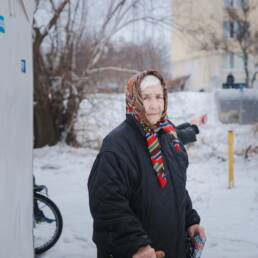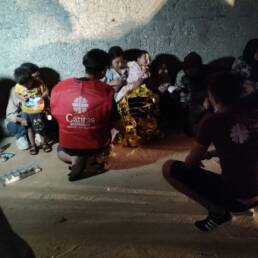The very complex and sensitive question of the return of migrants has gained impetus in the media and in the political agenda following the 2015 peak of asylum applications in the EU.
This incurred interest especially considering the increased flow of migrants entering the EU irregularly due to the complexities and limitations of their entering and remaining legally. In turn, this has prompted policy makers to claim that the credibility of the EU’s asylum system depends on an effective return policy, meaning that the number of people actually being returned needs to increase.
This tough stance on return effectively courts public opinion that tends to negatively view migration with the aim of taming dangerous populist movements on the rise across the continent. Currently, the EU migration policy and that at country level systematically emphasises the need to boost returns, including through enhanced detention. Return is thus being used as a policy tool to control and tackle irregular migration even if there is no evidence that increased return rates decreases irregular migration. Simplistic policies and arguments are thus resulting in eluding human rights violations and instead contributing to increased destitution resulting from poorly designed return policies.
The popularity of return is nevertheless not new. Since the beginning of the construction of a common EU asylum and migration policy, return has featured at the top, closely intertwined with the fight against irregular migration. To facilitate returns, trade-offs and enhanced EU cooperation with countries of origin and transit has been ongoing for many years. The focus on irregular migration and on return has dwarfed other aspects of migration policies, especially legal migration. Politicians were too busy strengthening “Fortress Europe” to develop policies to facilitate legal means to get to the EU, in order to work, study, or reunite with family members. Similarly, expanding safe and legal pathways to Europe for people in search of protection, such as humanitarian visas and corridors, or community sponsorship have been neglected, forcing people to resort to smugglers and human traffickers, fuelling irregular migration further instead of stopping it.
More information
Leïla Bodeux
Senior Policy and Advocacy Officer
Tel: +32 (0)2 235 26 55
Mob: +32 (0)478 585 409
lbodeux@caritas.eu




